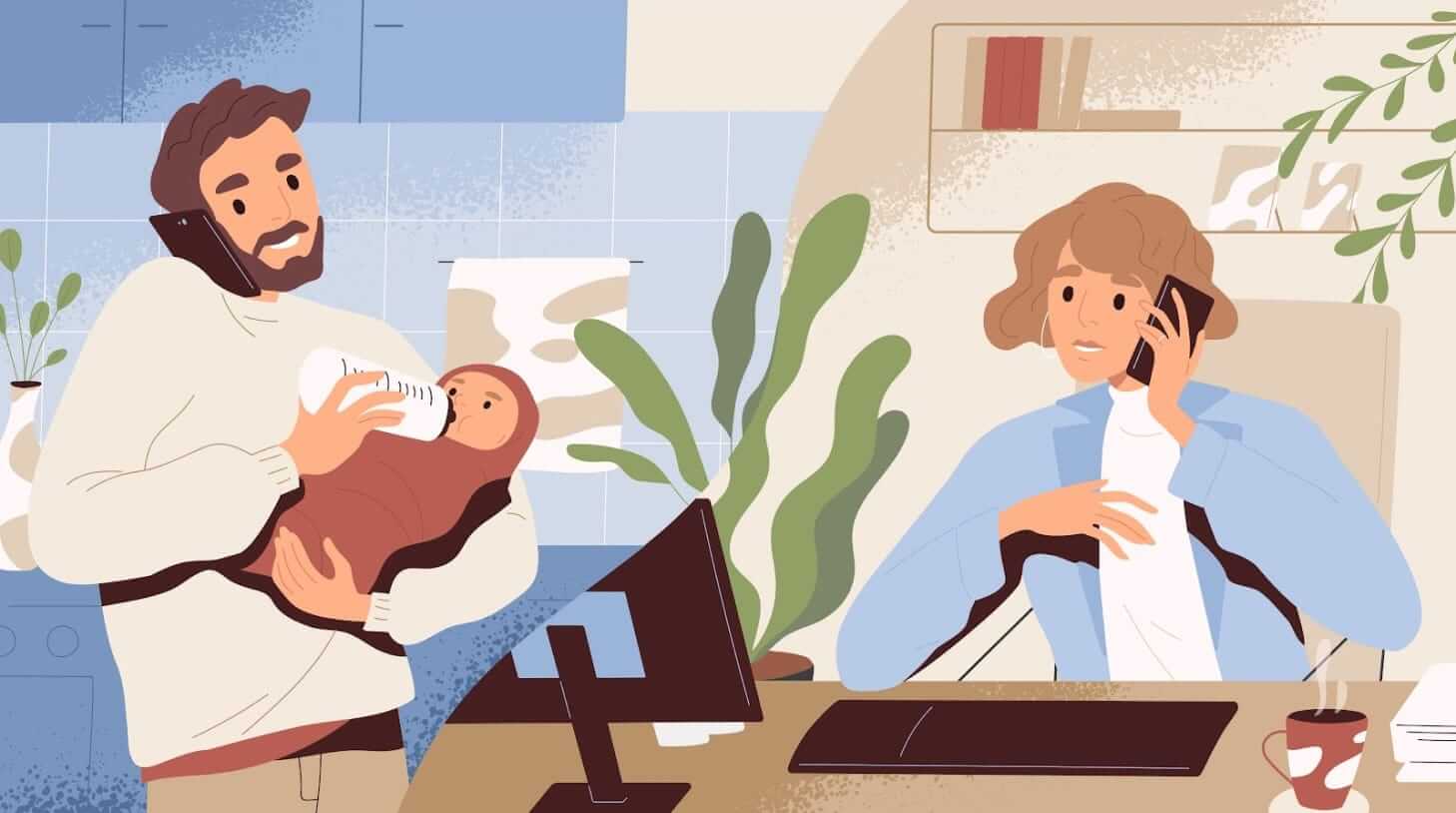WFH depression: why it happens and what you can do
So many people want to work from home as it makes life easier. But what if it’s not making life easier? What if it’s making life more challenging?

To be 100% upfront and transparent, I’ve worked at home exclusively for the past 13 years. I have no plans to go back into the office. But sometimes, I miss face-to-face coworker interaction. While I do many Zoom meetings and meet friends for lunch, everything is so scheduled. There’s minimal spontaneous conversation with coworkers about work or what we’re watching on Netflix.
Working from home is an excellent thing for many people. The time saved by being able to commute down the hall rather than an hour through metropolitan traffic is a life saver for many.
Working from home allows many people more time with their family, friends, pets, and hobbies. Those are great things! Not to mention the convenience of ordering everything on the internet and being home to collect the packages, thwarting the efforts of porch pirates everywhere.
Benefits of working remotely: UK workers get back an hour a day – and they like it
But what if it’s not sunshine and roses for everyone? What if working from home is actually bad for some people? Some researchers discovered some downsides that you should be aware of. To be perfectly clear, no study said this happened to everyone or that no one should work from home. But, it is clear that working from home isn’t the best thing for everyone.
Here are some of the problems researchers found and how you can help your employees succeed anyway.
Contents
Exhaustion
As you would expect, not having to commute decreased exhaustion, but according to one report, working from home led to “lower social support, lower feedback, and greater role ambiguity which increased exhaustion.”
Yikes.
While researchers conceded that this isn’t a reason to stop working from home, these are all problems that businesses can fix:
Lower social support
This is the hardest for a company to fix, as you can’t force people to leave their house and make friends! But you can make sure you encourage social interactions with your employees. It turns out you don’t want them constantly working for eight hours. They need a break.
Lower feedback
It’s easy for bosses to drop feedback here and there when you’re all in the same space. Sometimes, feedback only happens in formal, scheduled meetings when people don’t see each other. Or worse, bosses only convey negative feedback.
Managers need to understand the importance of feedback. Feedback should increase when people work from home, not decrease. Why? Because it’s harder to get feedback through non-verbal communication like you do when you’re in the office.
Greater role ambiguity
This is something managers can solve. Clear guidelines, clear boundaries, and clear feedback can clear this up. Managers need to update job descriptions regularly and communicate with their employees. Everyone works better when they know their responsibilities.
Eating more and exercising less
Many people have joked about gaining the Pandemic 15, but it turns out that was the exception, not the rule. According to a Harvard study, 39% of people gained weight during the pandemic, but most gained less than 12 pounds.
But the ability to graze during the day and limiting exercise to walking from the bedroom to the kitchen and back can profoundly impact your work-from-home employees. The good news from another study is most people don’t report an overall change in food intake – but for those that do, you can help.
Encourage people to keep regular hours
Work can blend into leisure time when you work from home, and sometimes people spend too much time in front of their computers. That can lead to less physical activity and fewer healthy balanced meals. If you can make it clear that employees can turn off their computers and put their phones on mute, it might help with their overall health.
Make sure your health insurance is great
If your business was an in-office business and now everyone is working from home, use that money you save by not renting office space to fund better health insurance. Make sure people get the help they need.
Provide food and exercise-based perks
The last thing you want to do is become the fat police, but if you can add a subsidy for a gym membership or a discount with a food company that delivers the ingredients for healthy meals, it can make a big difference.
Longer hours at work
When companies sent everyone home at the beginning of the pandemic, many feared employees would not actually work as much if they could be easily distracted by Netflix and laundry. Some companies installed tracking software so they could monitor their employees.
While there will always be people who slack off, some people work more and work a lot more. And because everything is in front of a screen, it can stress workers’ eyes and brains. There are no screen breaks for meetings because everyone is on Zoom and inexplicably waving at each other.
The boss needs to create boundaries
Maybe work is the big boss’s favorite thing, but if the boss emails, messages, and calls people at 9 pm, employees will feel obligated to answer. Constant contact means no downtime and no time to rest our brains and eyes. If bosses want to work crazy hours, they’ll burn out, but that’s their choice. Burning out employees is not an excellent long-term strategy.
Make sure employees have childcare
Schools and daycares are back in operation, so children should be in care while the employee works. While it can be fun to take breaks for the kids, if there isn’t someone else taking care of them, it can cause the workday to become disjointed, which means people end up feeling like they work all the time – even if they actually take multiple breaks during the day.
Working from home is great for many people, but don’t ignore the downsides! Keep on top of how your employees do and support them so they can succeed from their home offices.




